In a recent development, two prominent accounting firms, KPMG and Deloitte, have reportedly instructed their staff to refrain from using their regular smartphones during visits to Hong Kong, citing security concerns.
According to the Financial Times, employees have been advised to use burner phones, when visiting China and Hong Kong.
Its not only Deloitte and KPMG who have issued such instructions, as consultants from McKinsey have also purportedly adopted the practice during their trips to the Chinese special administrative region, as per a different report by the Business Insider. The move is believed to be a response to the geopolitical tensions and increased surveillance in the region.
What are burner phones and how do they work?
In an era dominated by smartphones and constant connectivity, the use of burner phones is gaining traction as people seek to maintain a level of anonymity in their communications.
Burner phones, are usually disposable, ‘use and throw mobile phones’ that come with a set number of prepaid talktime or minutes, have very little data capabilities and often lack some of the more common internet-based features.
They are usually inexpensive mobile devices designed for short-term use. Users can purchase these phones without the need for a contract, providing a level of anonymity that is challenging to achieve with regular smartphones. They are often associated with privacy-conscious individuals, journalists, activists, or those navigating sensitive situations. They are also used extensively in organised crime
The workings of burner phones are relatively straightforward. Users buy the device with a preloaded amount of credit or minutes, and once that credit is used up, the phone can be discarded without leaving a trace.
Quick Reads
View AllSome people may swap out SIM cards frequently to further conceal their identity, but usually, once the minutes are up, people tend to simply dispose off the phone and buy a new one, because by topping it up, they may give away their personal and banking info. Moreover, they are nearly impossible to track because of their limited functionality.
The lack of personal information tied to these phones makes it difficult for authorities or other entities to trace the user’s communications.
Why are major organisations turning to burner phones?
In countries like China, where surveillance measures are robust and internet censorship is prevalent, the use of burner phones is not limited to illegal activities. Legal users may employ these devices to communicate without being tracked, especially in situations where privacy is paramount.
This includes activists coordinating social movements, journalists protecting their sources, or individuals seeking to express dissent without fear of reprisal.
While the legality of burner phones varies from country to country, their use underscores a growing concern for privacy in an interconnected world.
As technology advances, the debate around the balance between security and personal freedom continues, with burner phones emerging as a tool for those seeking to navigate this delicate equilibrium.
China’s snooping habit
The directive aligns with a broader trend observed in various sectors, including athletics and journalism.
Athletes at the Winter Olympics in a previous year were reportedly cautioned to use burner phones due to concerns over China’s national data security laws, which were perceived as lacking in Western standards of privacy and liberty, according to a report cited by BBC News.
Similarly, journalists covering the Games were reported to have employed burner phones, as reported by The Washington Post.
The backdrop for these precautions can be traced back to 2020 when former President Donald Trump issued an executive order asserting that Hong Kong no longer maintained sufficient autonomy from China.
Concurrently, China introduced the national security law in Hong Kong, which has been used to quell pro-democracy activism and reinforce Beijing’s authority over the city.
This heightened sensitivity to security measures is not limited to corporate entities, as evidenced by a surge in demand for burner phones in Hong Kong following the release of China’s “health code” contact-tracing app during the pandemic.
As global concerns over data security and privacy continue to grow, individuals and entities across various sectors appear to be adopting precautionary measures such as using burner phones when operating in regions with perceived heightened surveillance and potential risks to privacy.
(With inputs from agencies)


)

)
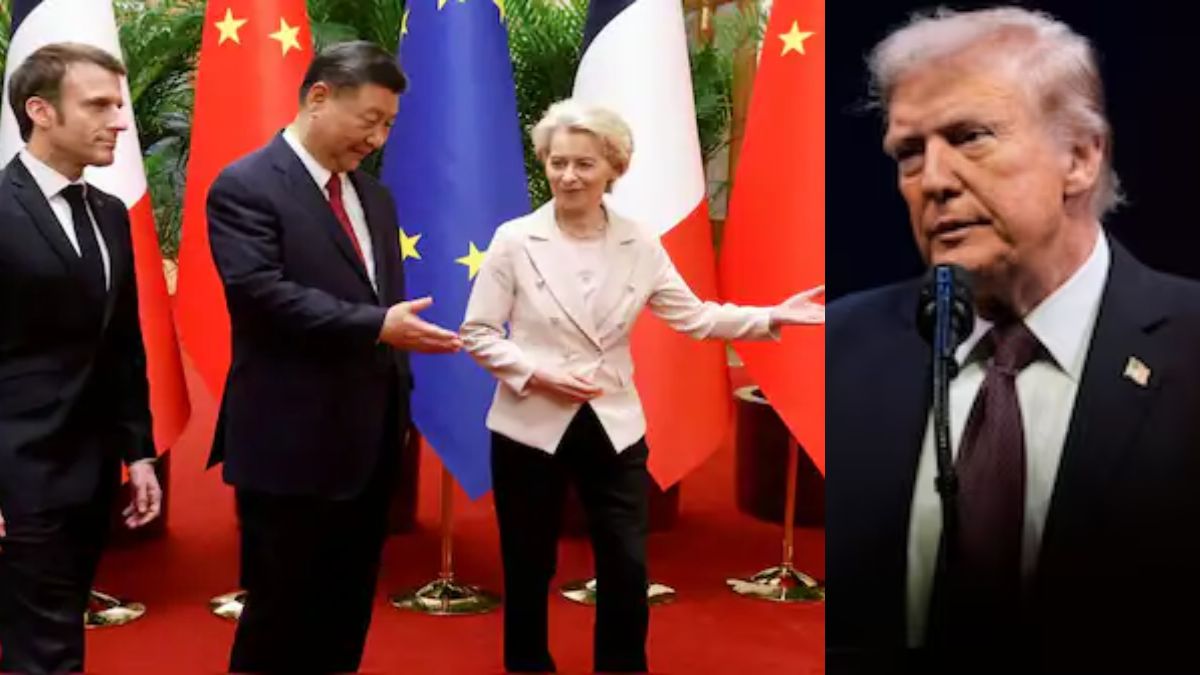)
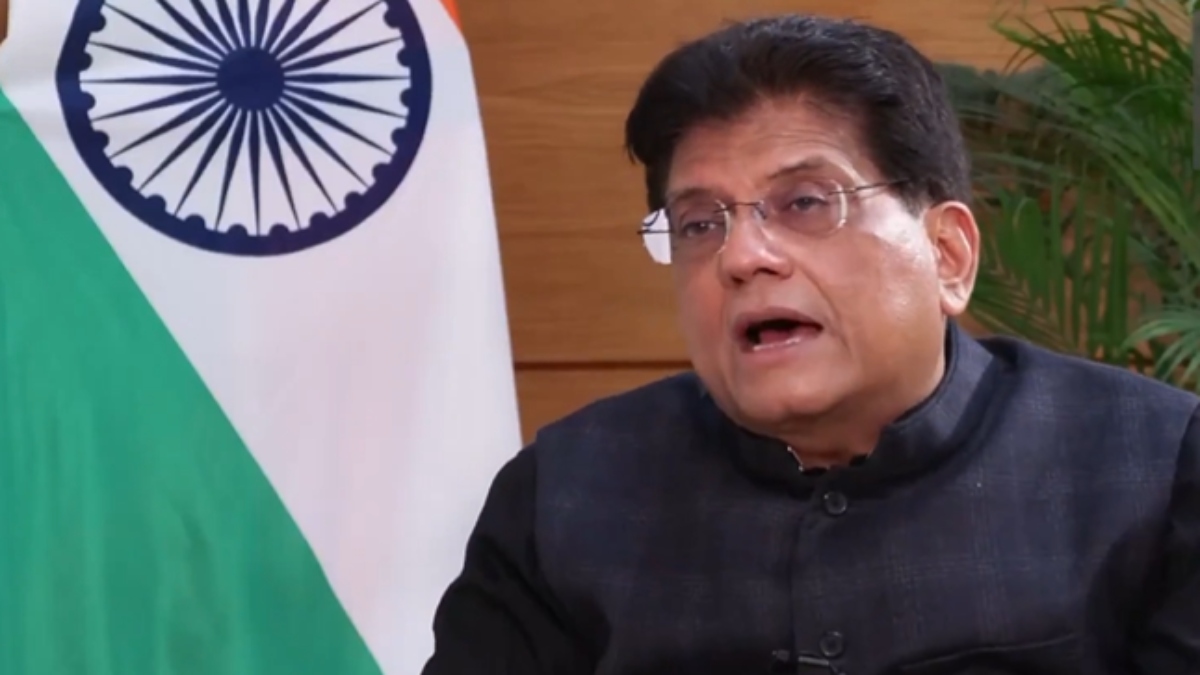)
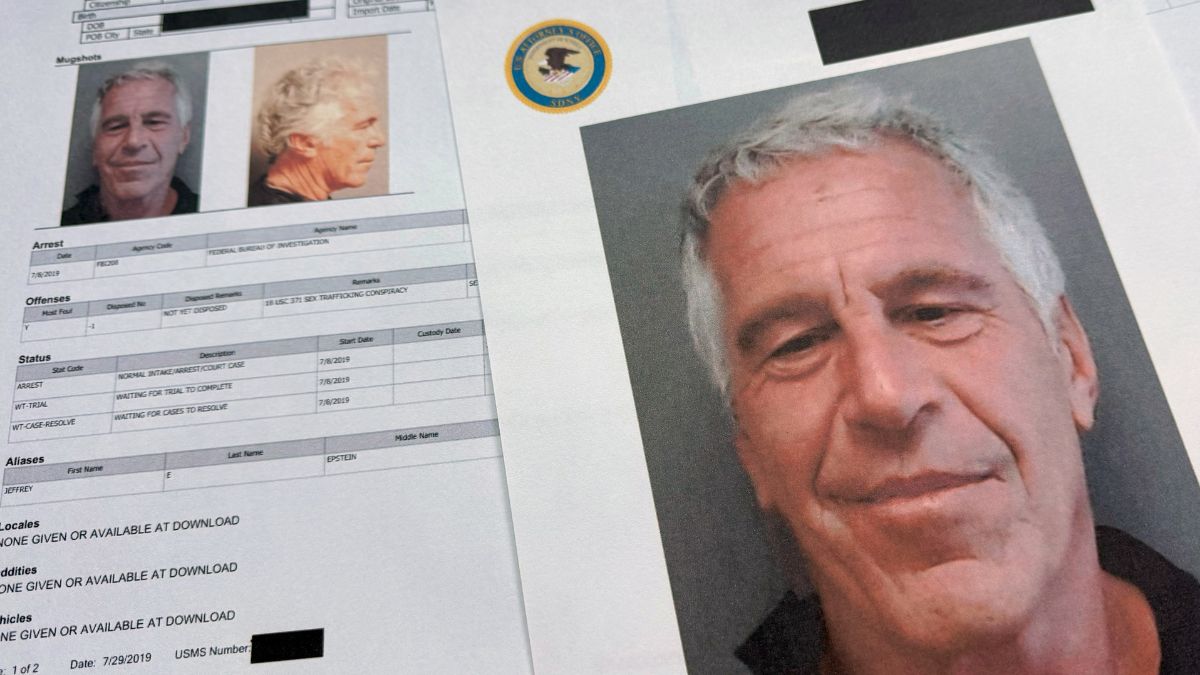)
)
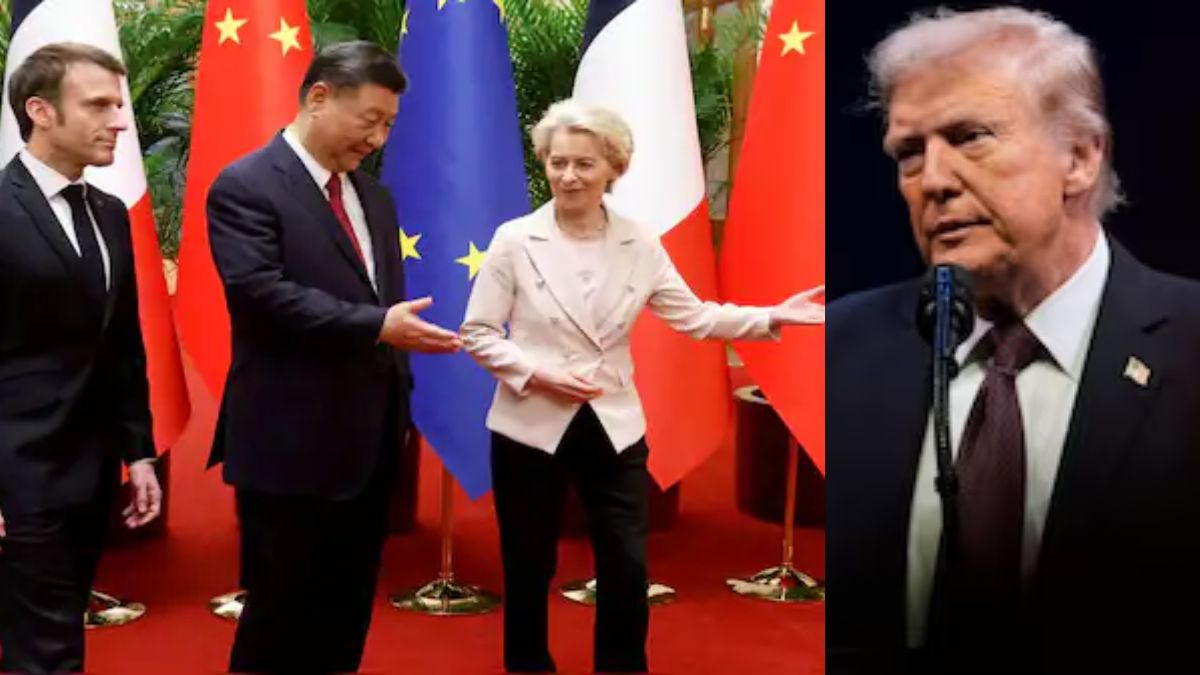)
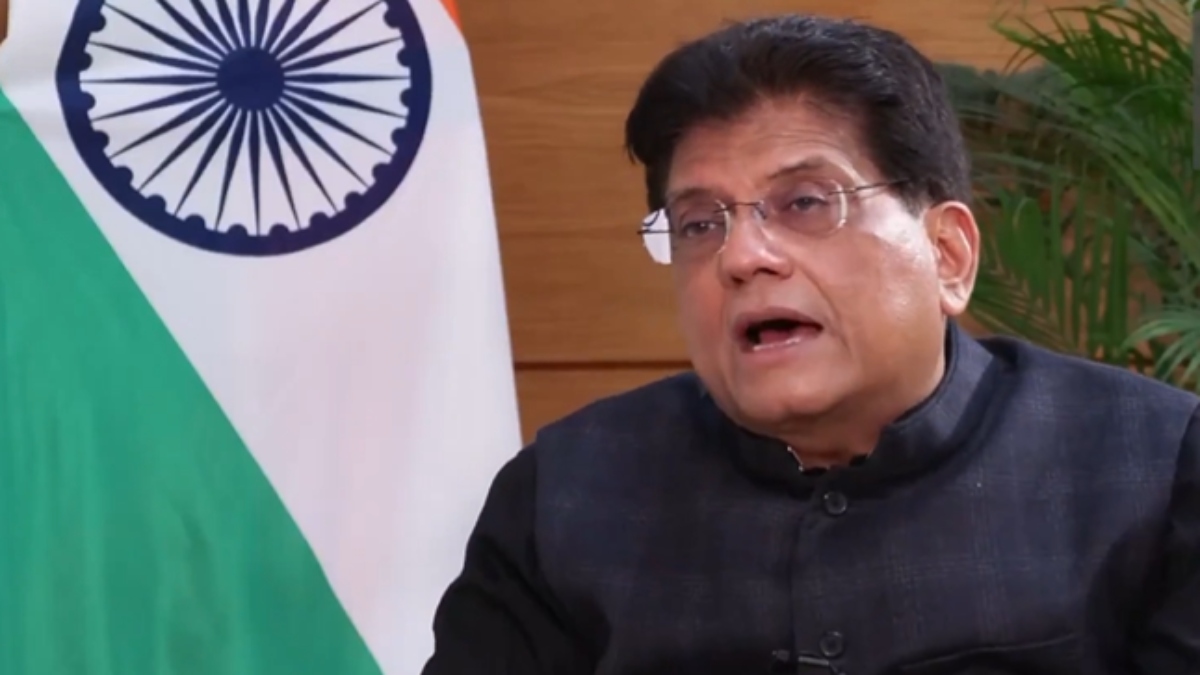)
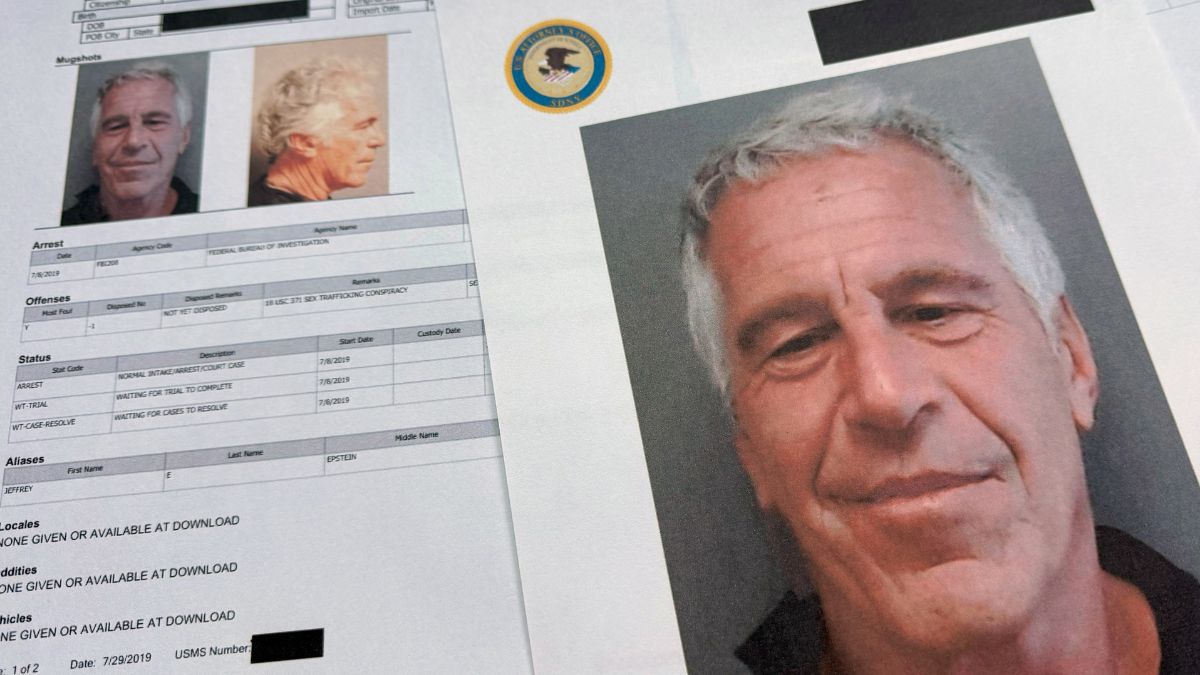)



